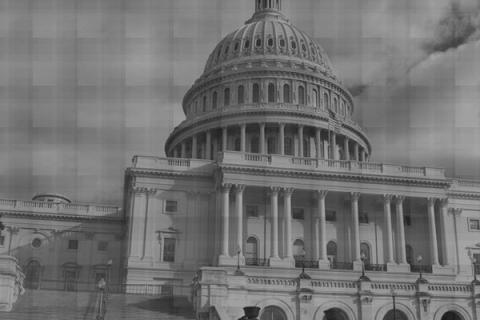Bizarre weather events are presenting scientists and lay people alike with the opportunity to put different global warming and climate change models to the test this year. Here's a brief, but relevant list of recent phenomena that could serve as independent tests for assessing the validity of competing views:
Russia- It's been the warmest year on record, with temperatures above 100 degrees, a severe drought, and a number of wildfires plaguing the wheat crops
Cyclones- Global tropical cyclone activity is at 30 year lows
Pakistan- Afghanistan's neighbor is experiencing record monsoonal rains and catastrophic flooding
Antarctica- Antarctic ice is growing at the fastest rate ever
Arctic- In July, ice levels were at their second lowest ever, though air temperatures appear to be cooler than those in the 1950s
China- The Chinese are experiencing their worst floods in decades
Peru- Plunging temperatures caused a state of emergency
Bolivia- About 6 million fish died due to extremely cold temperatures
Global (land) temperatures- Following the record warm months of January through June, July was the second warmest on record
California- San Francisco experienced its coolest July since 1971, while San Diego was at its coldest (in July) since 1933
Germany- Through the first six months of 2010, Germany witnessed its coldest year since 1996
Iowa- Having experienced its wettest 36-month period in 127 years, devastating flooding wreaked havoc
While this is not an exhaustive list, at first glance, the globe seems to be experiencing a wide array of warming, cooling, precipitation, and atmospheric events.
Some sources are touting the warming and flooding events as accurate predictions made by leading advocates of global warming, while other sources are pointing to the cooling events as contradictions of the consensus position on global warming, and stronger evidence for an emerging global cooling phenomenon. Still others, point to the extreme events as clear-cut evidence for climate change in general, whether human-induced or naturally caused.
No matter where one stands on the global warming/climate change controversy, readers are encouraged to study multiple news outlets, consider all the evidence, and think for themselves.

